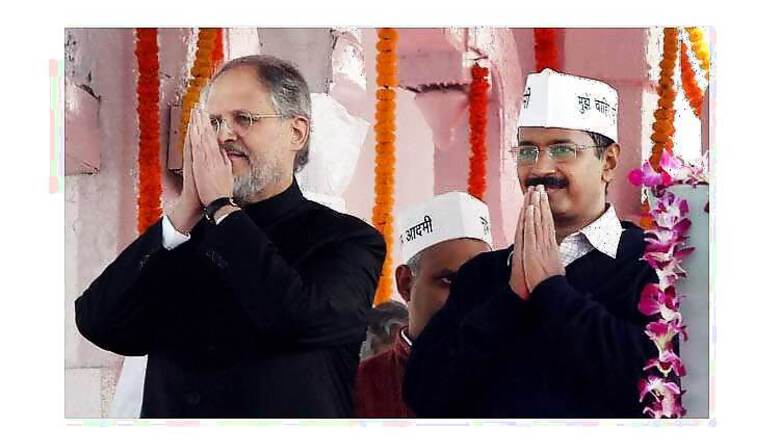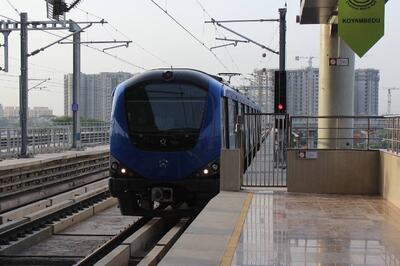
views
The contribution of the Indian bureaucracy, in nation building cannot be ignored. Pandit Nehru realised that in a large country like India, solving the problems of its peoples, will require a modern administration that can implement the executive policies. Thus as India's first Prime Minister he built, what came to be known as the 'backbone' of the administrative machinery, to deliver services to the citizens of our country. However over a period of time the babus established fraternal links with their political masters. This is why it is often felt that officers serve the politicians rather than the common person and in return are protected or given plum postings by the netas. Corruption and abuse of power have been the salient features of the functioning of the bureaucracy in India.
Because the relationship between the policy makers -that is the elected representatives and the civil servants, who are to implement the policies, is so demanding of each other, that for government to succeed, both need to supplement each other. However often in the past there have been turf wars between the two sides.
Therefore one is not surprised at the recent controversy involving the Delhi government and a senior IAS officer in Delhi. What is surprising is the scale of the controversy and how people at the top constitutional positions, that is the Delhi CM and the Lt Governor have got involved and turned this into a legal and constitutional battle to suit themselves politically.
For starters if the Delhi CM was uncomfortable with Shakuntala Gamlin's appointment as acting Chief Secretary, that ought to have been considered. The charges that were levied against her could have been inquired into, as they were made from no less than the Chief Minister's office. The officer should also have as a matter of her rights been asked to put her position and clarifications across and the entire episode could have been settled in a mature manner. Similarly it was unwarranted for the high office of the Chief Minister to hound a civil servant.
With the Delhi high court ruling, in another confrontation over the powers of the State Anti-Corruption Bureau, that the Lieutenant Governor must act on "the aid and advice of the council of ministers" and "the mandate of the people must be respected by the LG in respect of matters which fall within the domain of the legislative assembly" one would think that the ongoing tussle would now come to an end and the people of Delhi would finally get some much needed governance. However both the Centre and state governments have indicated that they would like to continue this bout to fulfil their lust for political gains, instead of tending to the urgent needs of the Delhi citizens, with the Centre moving the Supreme Court and AAP once again the Delhi High Court.
Taking the earlier Delhi High Court order as a major moral victory, the Kejriwal government acted quickly and transferred as many as nine officers working in various departments and the next day transferred two more officers. The AAP government is now planning an unprecedented recruitment, to induct Police officers from other states like Bihar, to fill in the 'vacancies' in the Anti-Corruption Bureau, a move the Centre will attempt to block and challenge legally. With norms, precedents and common sense being discarded and the spirit of cooperation between the two governments non existent, Delhiites are witnessing a bitter power struggle in this scorching heat, amid a severe power and water shortage, deteriorating law and order and roads that have become a traffic nightmare.
Administration should be run based on constitutional norms and propriety and all three major players CM Arvind Kejriwal, Lt Governor Jung and the Narendra Modi government ought to understand that the constitution is supreme and it cannot be bypassed, to have Delhi run their way.
All arms of the government derive their powers from the Constitution. Both the Union and State governments have to operate within the limits set by it. The Indian constitution is defined to be quasi-federal in structure. Our founding fathers intended that the elected governments in the centre and state work in tandem. In the case of Delhi a Union Territory the Centre's role is a reality.
Hence while AAP trying to make a big issue of the massive numbers it got the question to be asked is can a popular mandate be a real counter to Constitutional norms? Had that been the case what if the north east state Assemblies as also maybe Jammu and Kashmir Assembly pass resolutions against the Union government and declared secession?
On the other hand the misuse of the office of Lt Governor by the Centre to undermine an elected government that too a government that got an unprecedented majority is worrying. It shows Modi's dictatorial streak of wanting to keep all powers to himself by hook or by crook and crush any opposition, just as he did when he was CM in Gujarat.
Delhi Lt Governor Jung may have been a Congress appointee but by toeing the BJP ostensibly to safe guard his chair has thrown Delhi into a crisis that it could well have avoided.
All three players are indulging in antics that cannot be approved of. The LG would do what it takes to retain his position. The Kejriwal government is simply not displaying the will to govern. And the Modi government is too busy with headline management to suit their one year in office.
Alas Delhi all fairy tales have to have an end except this one does not seem to have a 'Happily Ever After! '
(Tehseen Poonawalla, is a leading entrepreneur and a political commentator. He will soon be making his debut in a television series. Views expressed here are his personal and not that of CNN-IBN or ibnlive.com. We also welcome counter view.)




















Comments
0 comment